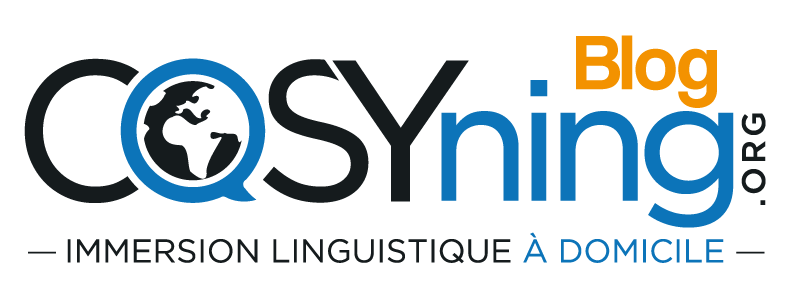Mother tongue means, literally, “language transmitted by the mother”. The mother is the first person who interacts with the child, and her voice is also the one that the foetus hears first and most often. Is it possible to forget one’s mother tongue?
Easy to learn
Learning to speak is innate in children. A child will try to mimic those around him, and particularly his parents. He will begin by pronouncing a few sounds, then words, and finally sentences. Over time, his vocabulary will develop. A child has the ability to learn quickly and easily all the languages he hears during his early childhood. Consequently, when parents are bilingual, the child will be able to understand and speak both languages easily. A child who hears several languages regularly while he is small will find it easier to learn and understand other dialects later.
Hard to forget
If learning a language takes place quickly for a child, it is equally possible to forget it in the absence of practice. But forgetting is not permanent. That is to say, once re-immersed in a language, subjects quickly find the vocabulary, turns of phrase, etc. Of course, this is only valid for a language learned and mastered. If on the other hand, there is a real divide between the mother tongue and the spoken language (for example in the case of an adoption), the mother tongue can be totally forgotten. The same applies to languages spoken between parents, but not in a three-way conversation with the children. For example, for “better integration”, some parents decide not to teach their mother tongue to their children. The latter can master the basics but will not be bilingual. They will be more likely to forget this language.
How is this possible?
The mother tongue is etched into the cerebral core, while the foreign language is concentrated in its periphery. So the human organism is made in such a way that a mother tongue learned, understood and mastered perfectly, can not be forgotten. On the other hand, a foreign language, even if it has been used for longer, can be completely forgotten. Certain pathologies can cause this phenomenon. For example, Alzheimer’s disease is known to wipe out recent memories. For example, expatriates suffering from this disease may forget the language of the country into which they immigrated (even if they have spoken it for years). On the other hand, they continue to be master their mother tongue.
According to Brigitte A. Eisenkolb, Doctor of Linguistics and Psychology, author of “L’equilibre du lexique mental en cas de bilinguisme franco-allemand et franco-italien. Le transfert revisité dans l’étude de l’attrition de la L1” (Editions Tectum Verlag 2014).





